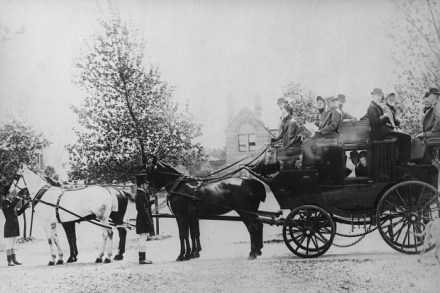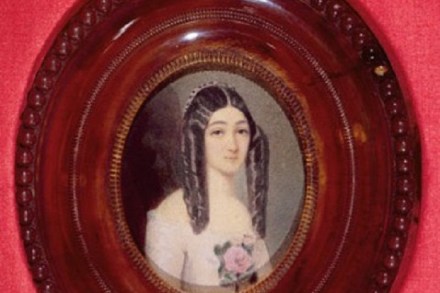The Downfall of Money, by Frederick Taylor – review
In Germany in 1923 money was losing its value so fast that the state printing works could not keep up. The work had to be contracted out to 130 different printing firms, all churning out marks with the lifespan of mayflies. Only ten years earlier, the mark had been as good as gold. Then Germany had set out to fight a short war and send the bill to the losers. This had worked well the last time round: after the 1870 war, France had handed over 5 million gold francs, not to mention two provinces. But the 1914 war turned out to be longer and far more expensive, and Germany


















